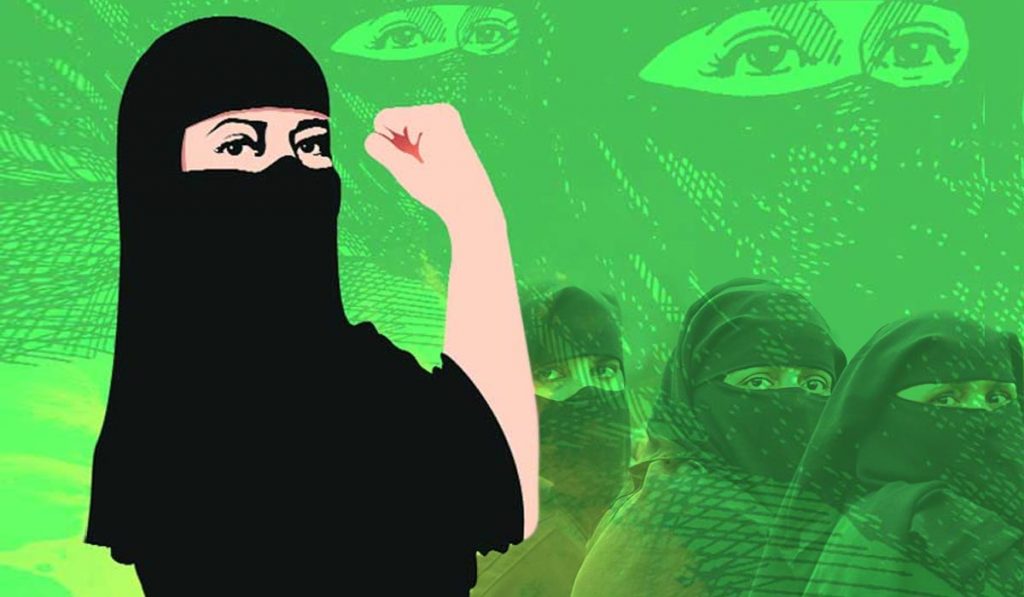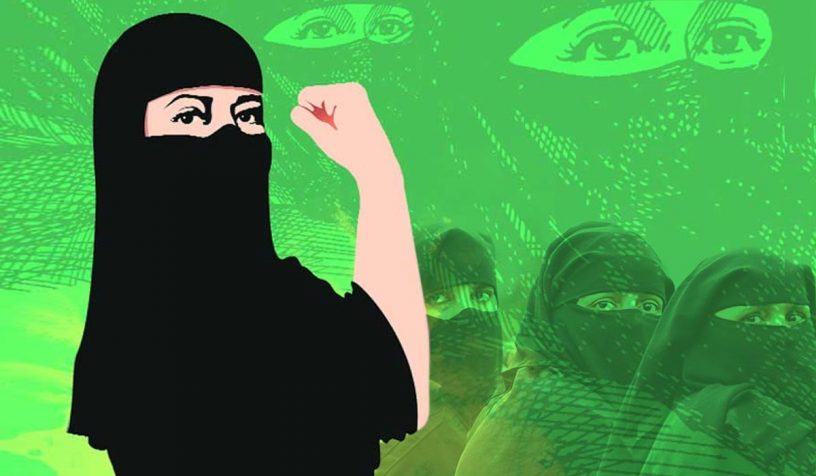
Drawing on activities of the Indian Muslim Women’s Movement, this article explores how the discourse of gender equality is constituted in a movement that brings together everyday ethical commitments inspired by notions of piety and concerted everyday struggles against social and legal inequality.
Author
Sagnik Dutta, Assistant Professor, Jindal Global Law School, O.P. Jindal global University, Sonipat, Haryana, India; Department of Politics and International Studies, University of Cambridge, 7 West Road, Cambridge, UK.
Summary
Building upon an ethnographic exploration of the pedagogy and alternative dispute resolution activities of an Islamic feminist movement in India called the Indian Muslim Women’s Movement (Bharatiya Muslim Mahila Andolan), this article speaks to the tension between Saba Mahmood’s influential account of religion and gendered agency, and a liberal feminist conception of gender equality.
Anthropological explorations of Muslim women’s pious commitments as well as liberal feminist engagements with religion and culture are premised upon a presumed dichotomy between ethical engagements with religion, and a commitment to gender equality.
Yet there is little analysis in existing scholarship of how gender equality is constituted by social movements premised on a religious identity, such as Islamic feminist movements.
This article moves beyond thinking about gender equality merely as an abstract liberal normative good to explore how the discourse of gender equality is constituted in a movement that brings together everyday ethical commitments inspired by notions of piety and concerted everyday struggles against social and legal inequality.
The ethnographic vignettes show how gender equality (barabari) connotes social and legal equality between men and women premised on their equal spiritual status as God’s creations, their equal pious obligations irrespective of gender and the equal imperative of ethical conduct on both men and women based on Quranic values of compassion (raham) and justice (insaf).
The pursuit of gender equality also entails reinterpretation of social norms in the light of ethical conduct, and an ethical commitment to collective struggle against gender discrimination in state and non-state forums.
Published in: Feminist Theory
To read the full article, please click here.


